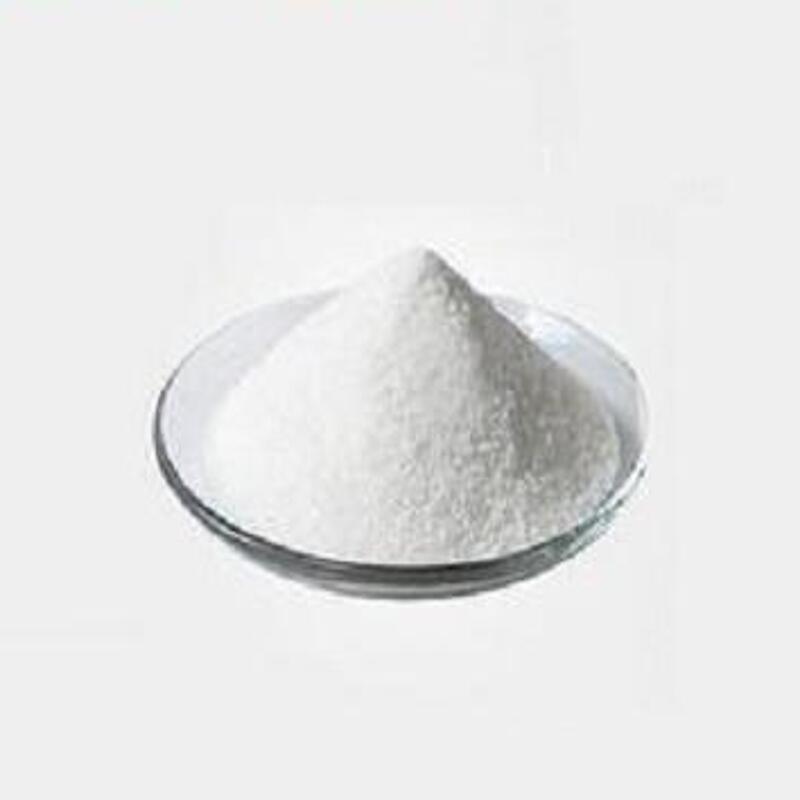-
Categories
-
Pharmaceutical Intermediates
-
Active Pharmaceutical Ingredients
-
Food Additives
- Industrial Coatings
- Agrochemicals
- Dyes and Pigments
- Surfactant
- Flavors and Fragrances
- Chemical Reagents
- Catalyst and Auxiliary
- Natural Products
- Inorganic Chemistry
-
Organic Chemistry
-
Biochemical Engineering
- Analytical Chemistry
-
Cosmetic Ingredient
- Water Treatment Chemical
-
Pharmaceutical Intermediates
Promotion
ECHEMI Mall
Wholesale
Weekly Price
Exhibition
News
-
Trade Service
The Synthetic Routes of Starch: An Overview of the Chemical Industry
Starch is a complex carbohydrate that is widely used in the chemical industry.
It is a naturally occurring polymer that is found in various plant-based materials, such as corn, potatoes, and rice.
Starch is used in a variety of applications, including food and beverage production, cosmetics, pharmaceuticals, and paper production.
There are several synthetic routes that can be used to produce starch, each with its own advantages and disadvantages.
The choice of synthetic route depends on various factors, including the desired properties of the final product, the intended application, and the availability of raw materials.
One of the most commonly used synthetic routes for starch production is the enzymatic hydrolysis of cornstarch.
This process involves breaking down the cornstarch molecules into smaller glucose molecules using enzymes.
The glucose molecules can then be further processed into various grades of starch, depending on the desired properties.
Another synthetic route for starch production is the chemical hydrolysis of cornstarch.
This process involves using chemicals to break down the cornstarch molecules into smaller glucose molecules.
The chemical hydrolysis process is typically faster and more efficient than enzymatic hydrolysis, but it requires the use of harsh chemicals and can produce unwanted byproducts.
A third synthetic route for starch production is the acid hydrolysis of cornstarch.
This process involves using acid to break down the cornstarch molecules into smaller glucose molecules.
The acid hydrolysis process can produce a higher yield of glucose than enzymatic hydrolysis, but it requires the use of strong acids and can produce contaminants that need to be removed during the purification process.
Once the starch has been produced through any of these synthetic routes, it can be further processed to produce various grades of starch.
The processing steps may include granulation, gelatinization, or oxidation, depending on the intended application.
The properties of the final starch product can be tailored by adjusting the synthetic route and processing steps.
For example, starch can be produced with a high molecular weight to improve its viscosity and thermal stability.
Alternatively, starch can be produced with a low molecular weight to improve its dispersibility and water solubility.
In summary, the synthetic routes of starch production offer a variety of options for the chemical industry.
By selecting the appropriate synthetic route and processing steps, starch can be produced with the desired properties to meet the demands of various applications.
The chemical industry can benefit from the versatility and sustainability of starch as a raw material, making it an important component in many products we use every day.







